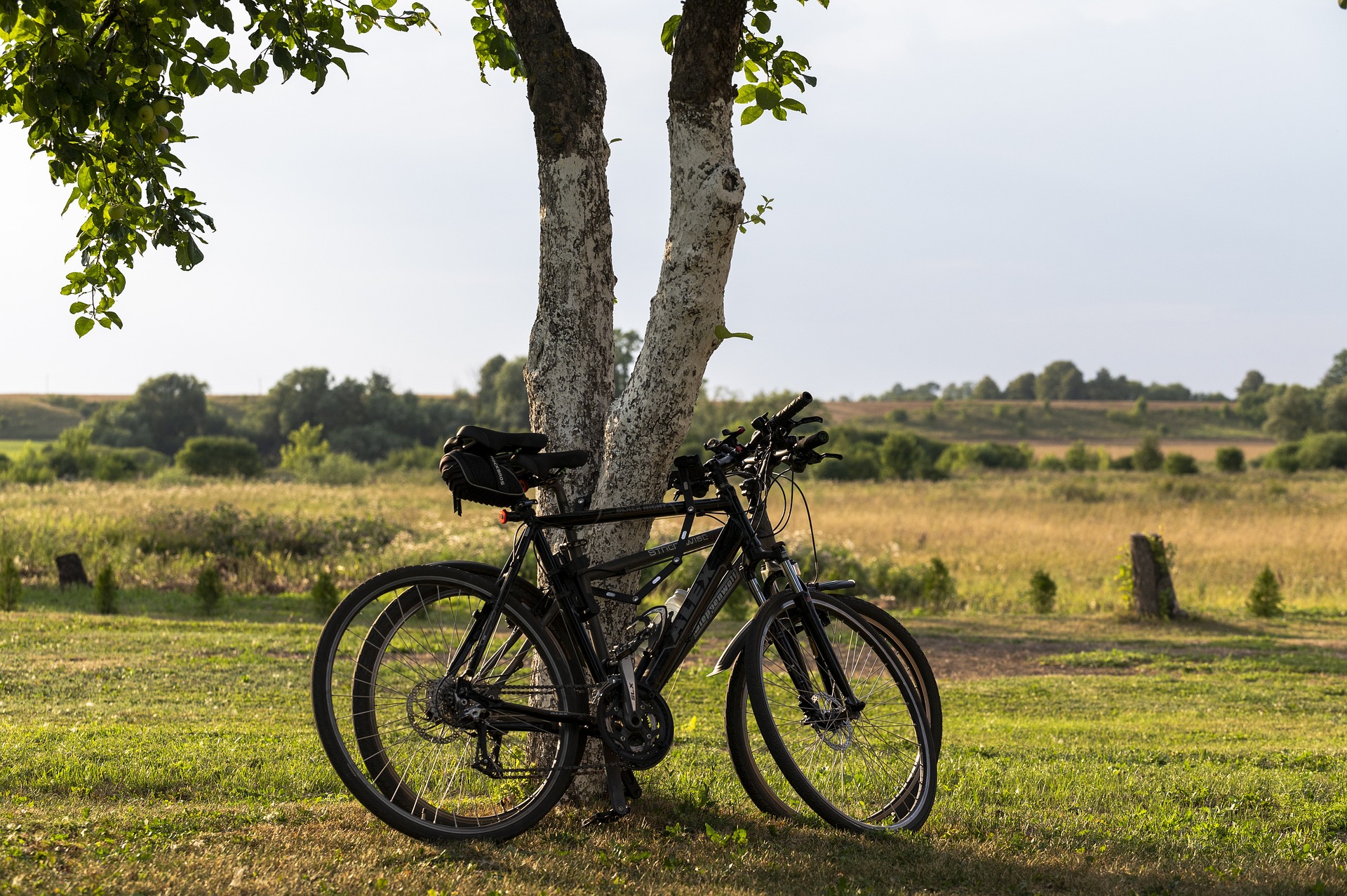Reinventing the Wheel: The Revolutionary Rise of Bikepacking
The concept of bikepacking, the fusion of mountain biking and minimalist camping, is a contemporary travel trend that is redefining the boundaries of adventure. Born out of the desire to explore unchartered territories and experience the raw beauty of nature, bikepacking traces its roots back to the 1970s when the first mountain bikes were crafted. However, it was not until the advent of lightweight camping gear and the proliferation of GPS technology that bikepacking truly found its footing.

A New Age of Adventure Travel
In the modern era, travel is no longer just about reaching a destination; it’s about the journey and the experiences along the way. Bikepacking embodies this shift in travel trends, offering a unique combination of physical challenge, outdoor immersion, and adventurous spirit. The current popularity of bikepacking is fueled by a yearning for escape from urban constraints and a return to nature, giving rise to a new breed of travelers who crave off-the-beaten-path experiences.
Pedal-Powered Liberation
The beauty of bikepacking lies in its simplicity and flexibility. With nothing but a bike, a few essential supplies, and the open road, travelers are free to explore at their own pace, unrestrained by rigid itineraries or public transport schedules. This form of travel allows for a deeper connection with the environment, fostering a greater appreciation for the natural world and empowering travelers with self-reliance and resilience.
However, like any travel style, bikepacking presents its own set of challenges. These include physical fitness, navigation skills, and the ability to adapt to changing weather conditions. Despite these hurdles, the sense of accomplishment and the spirit of adventure that come with bikepacking make it an increasingly popular choice among modern travelers.
The Impact of Bikepacking
Beyond the personal benefits, bikepacking has significant implications for sustainability in travel. By choosing pedal power over motorized transport, bikepackers minimize their carbon footprint, contributing to the preservation of the natural landscapes they traverse. Furthermore, the minimalist ethos of bikepacking encourages responsible consumption and waste management, reinforcing its position as a sustainable travel trend.
Practical Tips and Intriguing Facts
-
Bikepacking routes are usually off-road, following trails, gravel roads, or singletrack paths. This allows for a more immersive experience in nature.
-
Essential gear for bikepacking includes a bike suitable for off-road terrain, lightweight camping equipment, and navigation tools.
-
Bikepacking can be physically demanding. It’s advisable to start with shorter trips and gradually build up endurance.
-
The Tour Divide, a 2,745-mile bikepacking race from Canada to Mexico, is one of the longest and most challenging bikepacking routes in the world.
Journey’s End
In conclusion, bikepacking is a travel trend that offers a unique blend of adventure, physical challenge, and environmental responsibility. It invites travelers to step out of their comfort zones, engage with the natural world, and discover the exhilarating freedom of pedal-powered exploration. As we continue to navigate the evolving landscape of travel, bikepacking stands as a testament to the enduring allure of the road less traveled.




